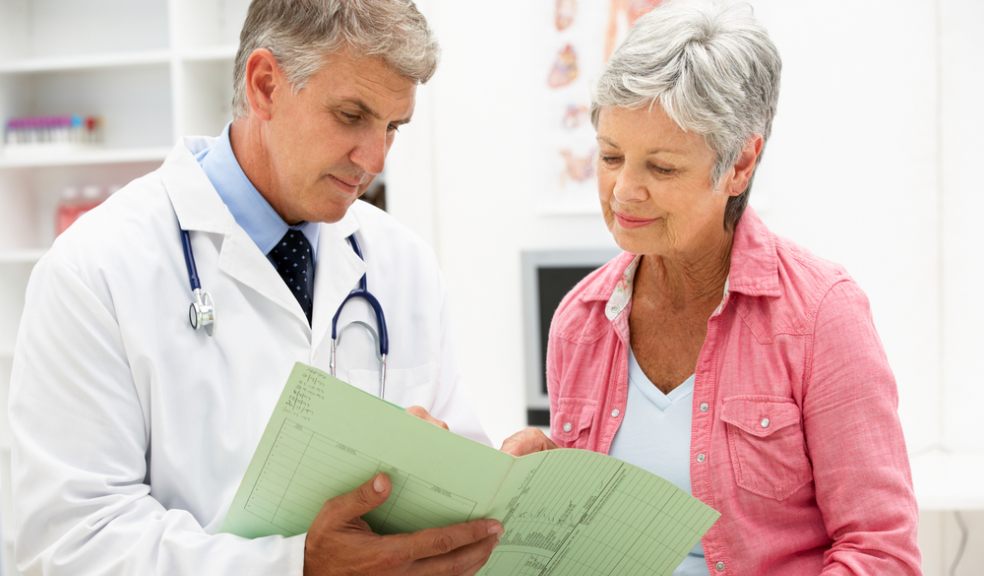
Heat ablation is best treatment for varicose veins, Says NICE
Painful varicose vein treatments such as vein stripping may become a thing of the past, following the news that NICE (National Institute for Health and Care Excellence) have announced that doctors should use heat ablation as their first choice of treatment.
Varicose Veins is a condition that affects 3 out of 10 adults in The UK.
The NHS say varicose veins are caused by weak vein walls and valves.
Although some people find the condition does not cause them any problem others find they can suffer from complications, such as bleeding and swelling.
The painful treatment mentioned above has put many sufferers off having the condition treated, but now they can have a pain-free, quick solution.
NHS walk-in centres will now offer a ‘walk in, walk out’ service, where patients suffering from varicose veins can have their condition treated on the day.
Dorothy Luke who was treated with radiofrequency heat ablation, said:
''My varicose veins meant that I suffered a lot of pain and aching in my legs, which was really challenging because I’m on my feet all day. I was also embarrassed about the appearance of my legs.''
''I didn’t want to undergo a general anaesthetic so radiofrequency ablation was an ideal solution.’’
''I was delighted with the treatment: it was straight-forward, fast and virtually pain-free. I was able to return to normal activities immediately and the improvement has been dramatic.''
Heat ablation treatments are also of a lesser cost to the NHS than previous painful procedures.
Heat ablation treatment involves a catheter being inserted into the vein and directed to the area where treatment is required. The vein is heated, which causes it to shrink and collapse, and once completely treated the vein is absorbed by the body. This type of treatment is hailed as being a lot less painful than previous methods.
To find out about more about this condition and the methods available to treat it please visit www.nhs.co.uk













